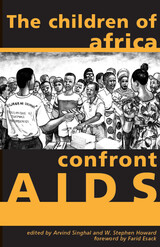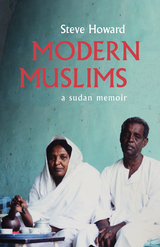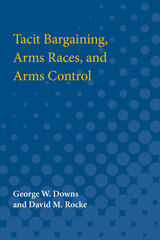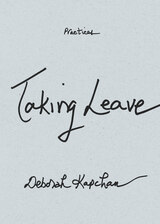2 books about Howard, Steve

The Children Of Africa Confront AIDS
From Vulnerability To Possibility
Arvind Singhal
Ohio University Press, 2003
AIDS is now the leading cause of death in Africa, where twenty-eight million people are HIV-positive, and where some twelve million children have lost one or both parents to AIDS. In Zimbabwe, 45 percent of children under the age of five are HIV-positive, and the epidemic has shortened life expectancy by twenty-two years. A fifteen-year-old in Botswana or South Africa has a one-in-two chance of dying of AIDS. AIDS deaths are so widespread in sub-Saharan Africa that small children now play a new game called “Funerals.” The Children of Africa Confront AIDS depicts the reality of how African children deal with the AIDS epidemic, and how the discourse of their vulnerability affects acts of coping and courage. A project of the Institute for the African Child at Ohio University, The Children of Africa Confront AIDS cuts across disciplines and issues to focus on the world’s most marginalized population group, the children of Africa. Editors Arvind Singhal and Stephen Howard join conversations between humanitarian and political activists and academics, asking, “What shall we do?” Such discourse occurs in African contexts ranging from a social science classroom in Botswana to youth groups in Kenya and Ghana. The authors describe HIV/AIDS in its macro contexts of vulnerable children and the continent’s democratization movements and also in its national contexts of civil conflict, rural poverty, youth organizations, and agencies working on the ground. Singhal, Howard, and other contributors draw on compelling personal experience in descriptions of HIV/AIDS interventions for children in difficult circumstances and present thoughtful insights into data gathered from surveys and observations concerning this terrible epidemic.
[more]

Modern Muslims
A Sudan Memoir
Steve Howard
Ohio University Press, 2016
Steve Howard departed for the Sudan in the early 1980s as an American graduate student beginning a three-year journey in which he would join and live with the Republican Brotherhood, the Sufi Muslim group led by the visionary Mahmoud Mohamed Taha. Taha was a religious intellectual who participated in the early days of Sudan’s anticolonial struggle, but quickly turned his movement into a religious reform effort based on his radical reading of the Qur’an. He was executed in 1985 for apostasy. Decades after returning to the life of an academic in the United States, Howard brings us this memoir of his time with the Republican Brotherhood, who advocated, among other things, equality for women. Modern Muslims describes Howard’s path to learning not only about Islam and Sufism but also about Sudan’s history and culture. When the Brotherhood was thrust into confrontation with Sudan’s then-president Jaafar Nimeiry, Howard had a front-line perspective on the difficult choices communities make as they try to reform and practice their faith freely. As well as a story of personal transformation, the book offers an insider’s perspective on a modernist nonviolent Islamic movement that thrived and was brutally suppressed. An important book for our times, Modern Muslims yields significant insights for our understanding of modern Islam, African history, and contemporary geopolitics.
[more]
READERS
Browse our collection.
PUBLISHERS
See BiblioVault's publisher services.
STUDENT SERVICES
Files for college accessibility offices.
UChicago Accessibility Resources
home | accessibility | search | about | contact us
BiblioVault ® 2001 - 2025
The University of Chicago Press









